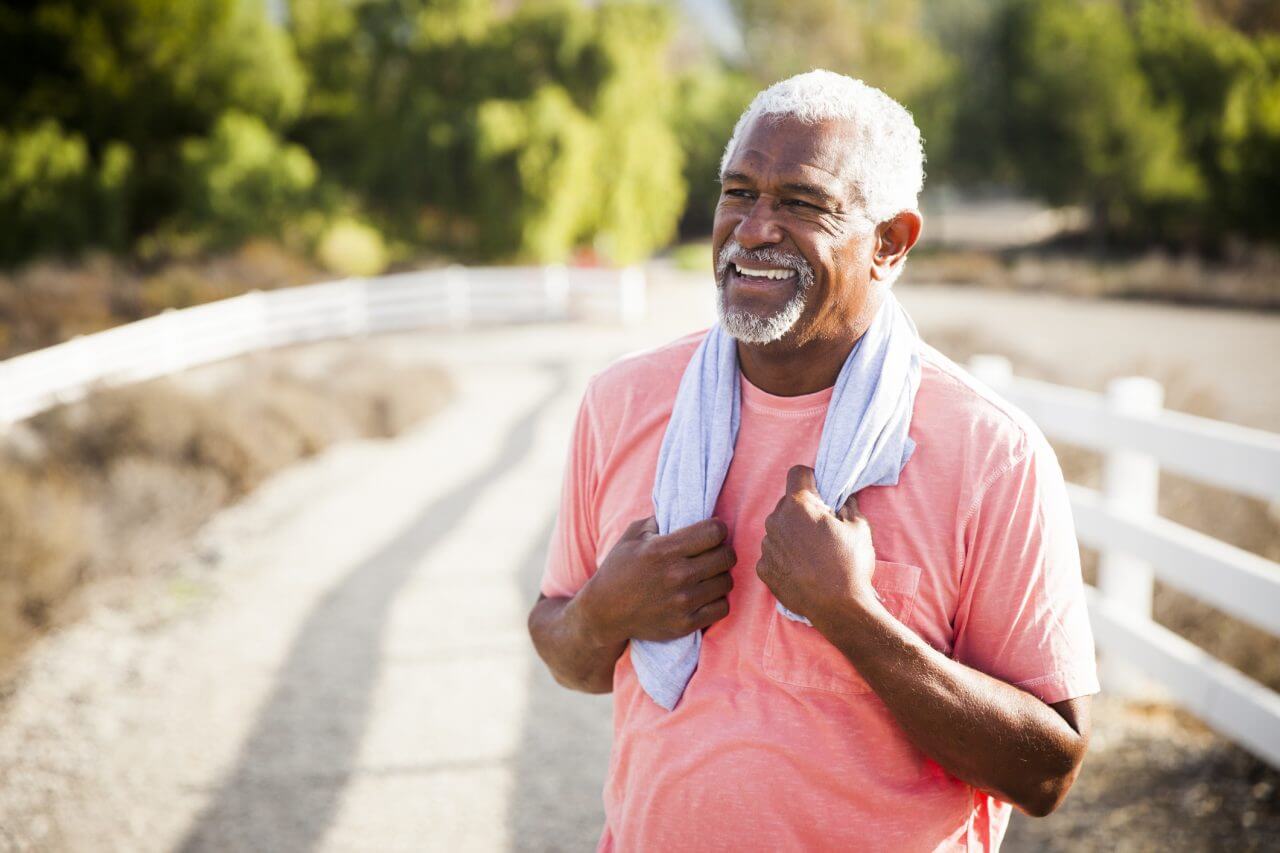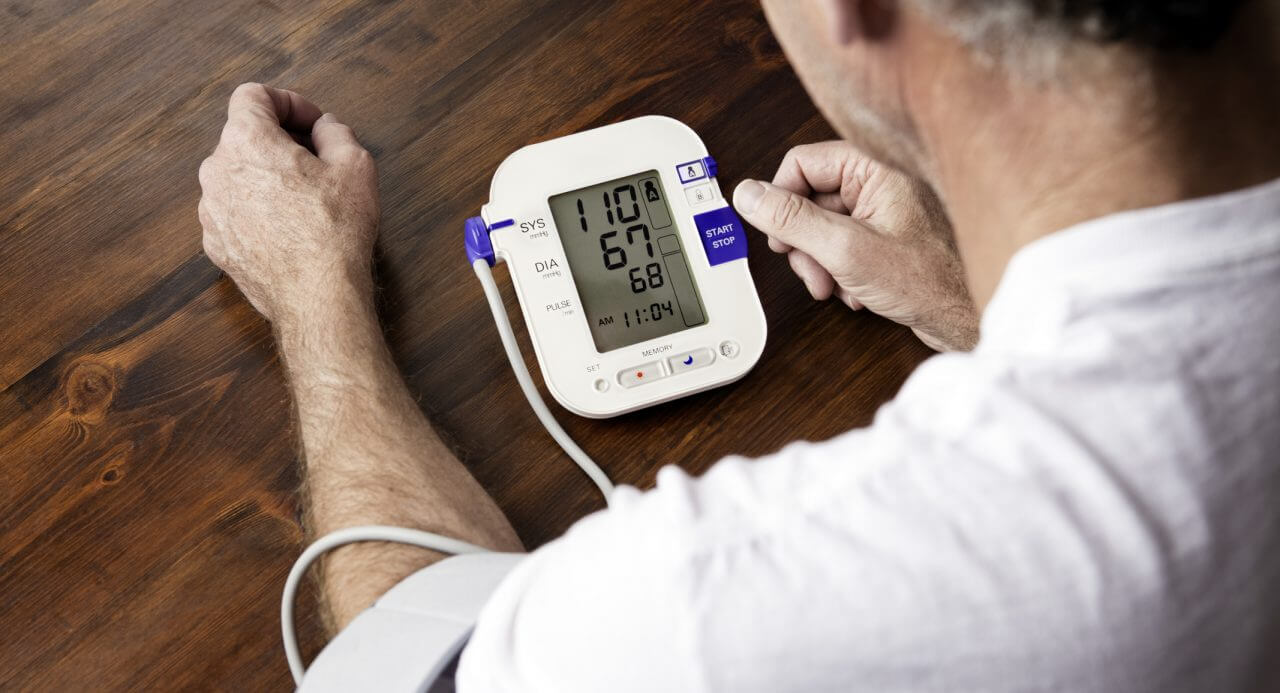Tips to Avoid the Effects of Heat on Heart Rate

A nice summer day can be very enjoyable. But when the weather goes from wonderfully warm to brutally hot, it is important to understand the impact on your heart. Being exposed to high temperatures for too long can be unhealthy for anyone and especially for those with heart disease and other medical conditions. Read on to learn how hot weather hurts your heart.
Heat Overwhelms Your Heart
Your body’s primary cooling tactics are radiation and evaporation. When the air around you is cooler than your body temperature, heat naturally radiates from your body into your surroundings, producing a net cooling effect. However, on a hot day as the air temperature approaches the level of your body temperature, this natural and necessary heat transfer becomes more difficult.
In response, your body shifts blood flow to your skin to aid in heat radiation. Doing so requires your heart to beat faster and more vigorously. In fact, the heart can pump as much as four times more blood per minute than on a cool day. This strain can take its toll over extended periods.
Your body also cools itself through evaporation. As sweat is released and evaporates, it pulls heat from the body. When the humidity in the air is low, sweating is very effective at helping you maintain appropriate body temperature. However, sweating depletes your body of fluid and can lead to dehydration if you don’t consume enough liquids. Sweating also pulls potassium, sodium and other minerals out of your body. These substances are critical to nerve transmission, muscle contractions, and water balance.
As the humidity level makes its way over 75 percent, evaporation becomes more difficult. So, while you continue to perspire and lose fluids and minerals, you don’t get the cooling benefit. This is why on days that are both hot and humid, you may hear talk about the high “heat index” (a number that combines heat and humidity) and warnings about the risk of heat exhaustion and heat stroke.
How to Beat the Heat
Fortunately, there are steps you can take to keep your body, and your heart in particular, from being stressed by the heat. These measures include:
- Avoiding exercise or modifying your workout routine. If you exercise outdoors, an early morning or later evening workout is advised. Getting your exercise at an air-conditioned gym is another option.
- Cooling your surroundings. Spend time in an air-conditioned room if possible. Air conditioning not only cools the air, it also lowers the humidity. If you don’t have air conditioning, sitting in front of a fan can help cool you down somewhat, but if the air being blown at you is hot, there won’t be much benefit.
- Moving to different surroundings. Spending even a few hours in a movie theater or air-conditioned shopping mall can take the stress off your body’s cooling mechanisms, including your heart.
- Drinking plenty of fluids. Thirst is not always an accurate indicator of the need for fluids. Water requirements vary, and your doctor can talk with you about your specific needs. But a general rule of thumb is that a person should consume eight 8-ounce glasses of water each day, and more if exposed to high temperatures.
- Eating light. Overloading your stomach makes you less inclined to consume much-needed fluids. It is a good idea to eat smaller meals and to include fresh fruits and vegetables in your diet, as they contain water your body can use.
Consider Your Heart Health When it Gets Hot
High temperatures can be more than uncomfortable. If not dealt with properly, they can be deadly. Be sure to take the necessary steps to help your body stay cool when the weather gets hot. And if you know of someone who may struggle with the heat, it is a good idea to touch base with them and offer assistance during a heatwave.



